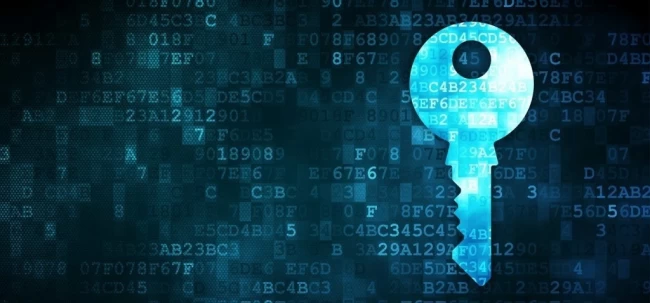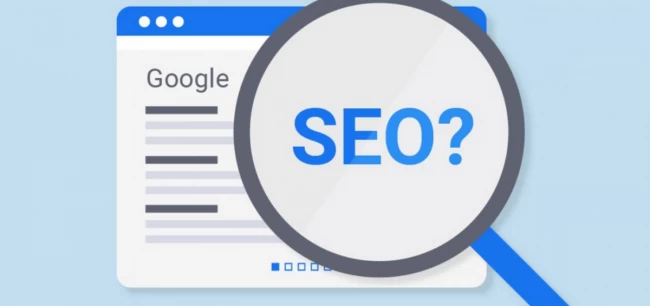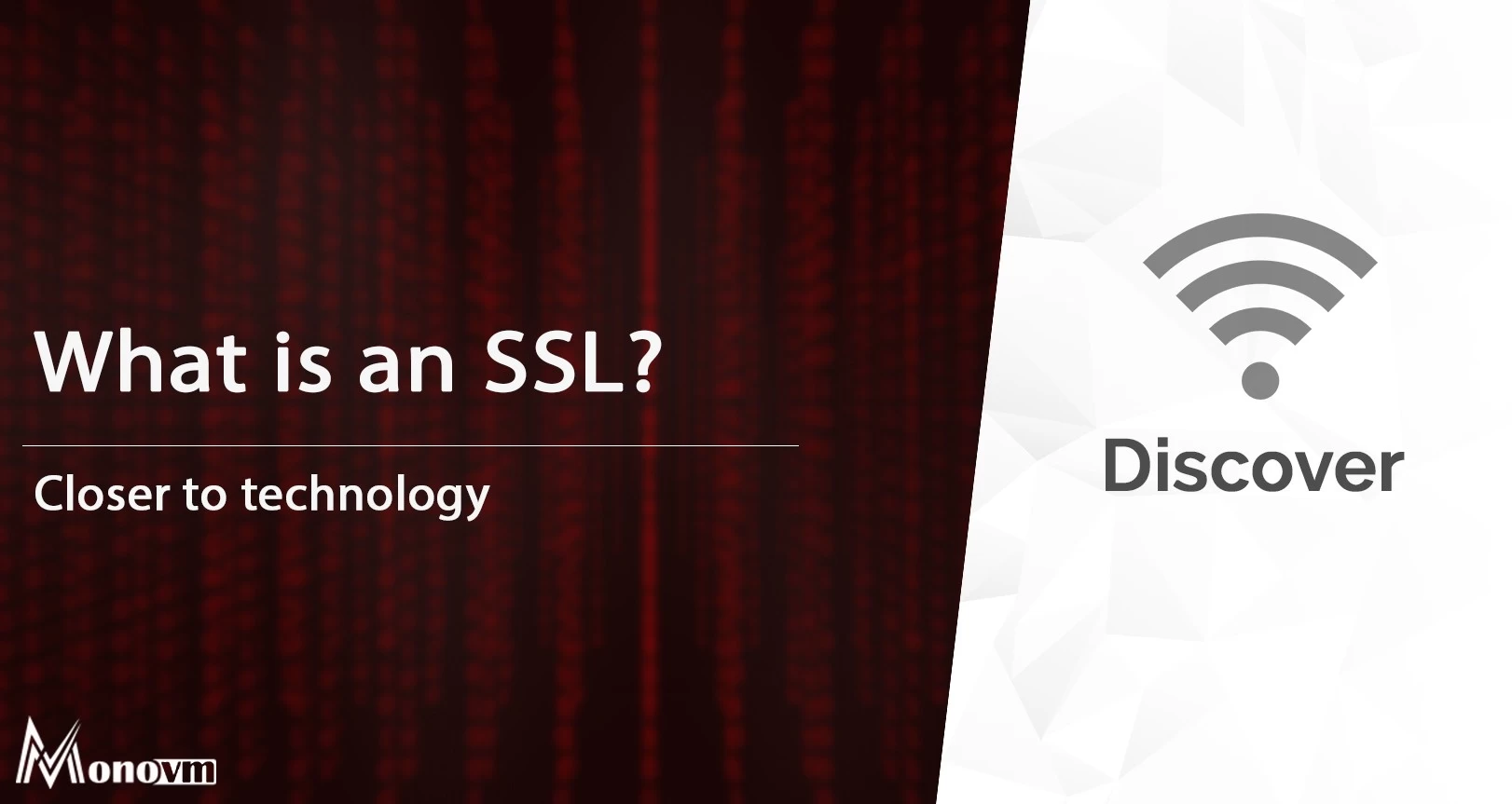List of content you will read in this article:
You may have heard the term SSL certificate thrown around a lot in the web development field of interest. You should learn if you're looking into setting up a website or have already made a website and don't yet know properly what an SSL certificate is. That's why we're here anyway.
SSL certificates are extremely important for keeping your website safe, protecting your content, and reassuring customers that they'll be safe on your website. It is especially important to run a business website or an e-commerce platform where you'll be taking payments.
No customer will feel safe putting in their private information and payment details when they visit your site and see that it doesn't have the ever-so-important "lock" symbol on their browser that confirms that the site has a valid SSL certificate.
This guide will give you complete information on what an SSL certificate is, what it does, and why you must ensure your site has one before your customers start turning away and going to your competitors.
What is an SSL Certificate?
SSL stands for Secure Sockets Layer. An SSL certificate guarantees that your site is secure and encrypted in the simplest possible term. Back in the old days of the internet, most sites did not have SSL certificates. They used http:// domains, which was the norm for all sites, including websites for businesses and e-commerce platforms.

However, http:// domains are unsafe, and they do not encrypt your data properly to keep it safe from hackers and thieves. It is dangerous for you to use a site without this important layer of SSL security. Nowadays, SSL is the norm instead, and not having a valid certificate at any given point is very bad news for your website.
Why do you need an SSL certificate?
SSL certificates ensure that the client and server can have encrypted and secure communications. It is especially important when any sensitive data is passed between your computer and the website's host server. It prevents most hackers, thieves, and spies from accessing the data that is being transferred between you and the website and stops them from reading any of your personal or bank details.
When your website has an SSL certificate, your visitors and customers can know that the website is who it says it is, and they'll feel safe when their data is encrypted and secure. An SSL certificate also confirms that the website is legitimate and has been approved by the proper authority. It means there's virtually no chance your customer will have any tricks pulled against them.

When viewing your site, customers will also look at the prefix before your name. If your website doesn't have the https:// prefix and is instead using http://, then Google or whatever search engine your customers are using will usually show a warning or not show the important "lock" symbol, which tells site visitors that they are safe.
A valid and up-to-date SSL certificate also tells customers that you take your website seriously, and it has been developed recently! Typically, when a website runs on an http:// domain, that indicates that it is quite old, it is neither secure nor safe, nor that the owners haven't bothered to get it up to modern standards. If your customers see the http:// prefix on your website and have any of these thoughts about your business, that is bad news. So, get an SSL certificate so your customers can respect and trust you.
If you're taking any details about your website visitors or customers, you most certainly need an SSL certificate. It reassures your customers that their private data or payment information cannot be snooped on. When you get hosting services from Monovm, we provide a free SSL certificate. If you're a beginner when it comes to setting up SSLs: do not worry. Here's a guide on installing the free SSL on shared hosting servers.
Benefits of SSL Certificates
-
Verifies a Website’s Legitimacy
An SSL certificate is what a website will send to the client - essentially your computer - when you try to access a page. It verifies that the site is legitimate and is what it says it is, meaning your details will be safe with it. It tells your computer that the website has received a valid certificate from a qualified website host. It will give you an https:// prefix before your domain name, telling your clients that your website is safe and secure.
-
Encrypted Connection
SSL allows the client and server to establish a safe and secure connection with encrypted transmissions. An unsafe site will usually not do this. But when your computer accesses a page with a good SSL certificate, the server will check the small text file to confirm that your computer is legitimate, and your computer can check that the website is legitimate. The client and server are then bound in secure communication and away from prying eyes.
The certificate validated that the server is a trusted host and an established organization runs the website. In the early days of the internet, bogus and scam sites were everywhere, and there was virtually no way to stop innocent people from stumbling upon them and being fooled into thinking they were legitimate.
Nowadays, SSL certificates can validate that the server is legitimate, the business is legitimate, and the domain is only transferring encrypted information and only between you and itself.
-
Search Engine Optimization
Furthermore, if you’re using digital marketing or social media marketing to drive traffic to your site, you will have a much-increased chance of retaining visitors and increasing page views by having an SSL certificate. It will stop your potential customers from clicking off the page or being shown any warning. Some ad providers require that your link heads to an https:// domain, or they will not allow you to run any ads.

Having an SSL certificate is crucial for building trust with your customers and keeping people on your site. It almost doesn’t matter what website you are hosting on the internet; it is an absolute necessity to get a valid SSL certificate that is up-to-date and compatible with your website.
Other Benefits
SSL certificates do not cost much, and most hosting plans are free with one hundred percent free renewal. So, if you get any emails claiming that you need to pay a large amount of money to get a valid SSL certificate, delete them immediately. It’s a common scam demanding you pay for an SSL certificate you don’t need.
cPanel offers its SSL section to view your current active SSL certificates and their details and see when they need replacing. Depending on the hosting provider you picked when setting up your website, this may have already been taken care of for you, and you won’t need to bother yourself with updating your certificate.
Usually, it takes about twenty-four to forty-eight hours after registering a domain and hooking it up to your hosting provider’s nameservers for the SSL certificate to become active so you can get that https://prefix. With most website builders like Wix or WordPress hosting, you won’t need to care about SSL because it’s all done for you.
Types of SSL Certificates
-
Domain Validation SSL Certification
These types of certifications need proof of control over just the domain name. They do not check the organization's identity, as the certificate contains only the domain name supplied to the issuing authority. These SSLs are the most basic level of SSL and appropriate for test servers and internal links.
-
Organization Validation SSL Certification
Individuals cannot obtain these types of certifications, but only businesses and organizations have the possibility. It must prove that the company is registered and legally accountable as a business while proving that it owns the domain name. The certificate issued is proof of domain and company name.
-
Extended Validation SSL Certification
EV SSL requires both the validations for the domain and company and many additional authentication steps, which certify that it is a registered company. The company information is then integrated into the certificate, which users can access from the access bar. Using an EV SSL will display the company name in green on the address bar, and this is a highly visual sign of trust on the website when handling personal information.
Visual Indicators of an SSL certificate
One of the best ways to check the website's authenticity depends on the SSL certification's visual cues on a website. What are those visual cues, and where to find them? As it is the most accepted security standard, it will be displayed where everyone can see them, and maybe even you encounter them without knowing it. The first cue is on the address bar. The website's prefix will be https:// while without an SSL certification, and it will look like http://.
![]()
In the address bar, you will see a big indication of safety: a padlock before the web address. It assures that the connection is encrypted and secure from both sides, and eases users' minds when making payments.
![]()
The Extended Validation SSL Certification (we will talk more about it below) will display the company name in the address bar when used on a website. It is the most secure certification form, proving to customers that it’s 100% legitimate.
![]()
The final visual cue of SSL certification is a seal image that can be used on a site to display the SSL brand. It lets customers know the information is secure and protected, leading to higher chances of transactions occurring.
Conclusion
We hope this guide about SSL certificates has helped you understand what an SSL certificate is, what it does, and why it is so incredibly important to have one for your site to keep your customers safe and help you increase and retain traffic and increase your sales! If you want to know an in-depth guide on how SSL works, you can check out our article explaining how SSL and TLS work. Apart from it, we also offer different types of amazing services such as a dedicated server, VPS hosting, Web hosting, domain services, and many more. You can visit our website if you are looking for one of these services.
People are also reading:

I'm fascinated by the IT world and how the 1's and 0's work. While I venture into the world of Technology, I try to share what I know in the simplest way with you. Not a fan of coffee, a travel addict, and a self-accredited 'master chef'.